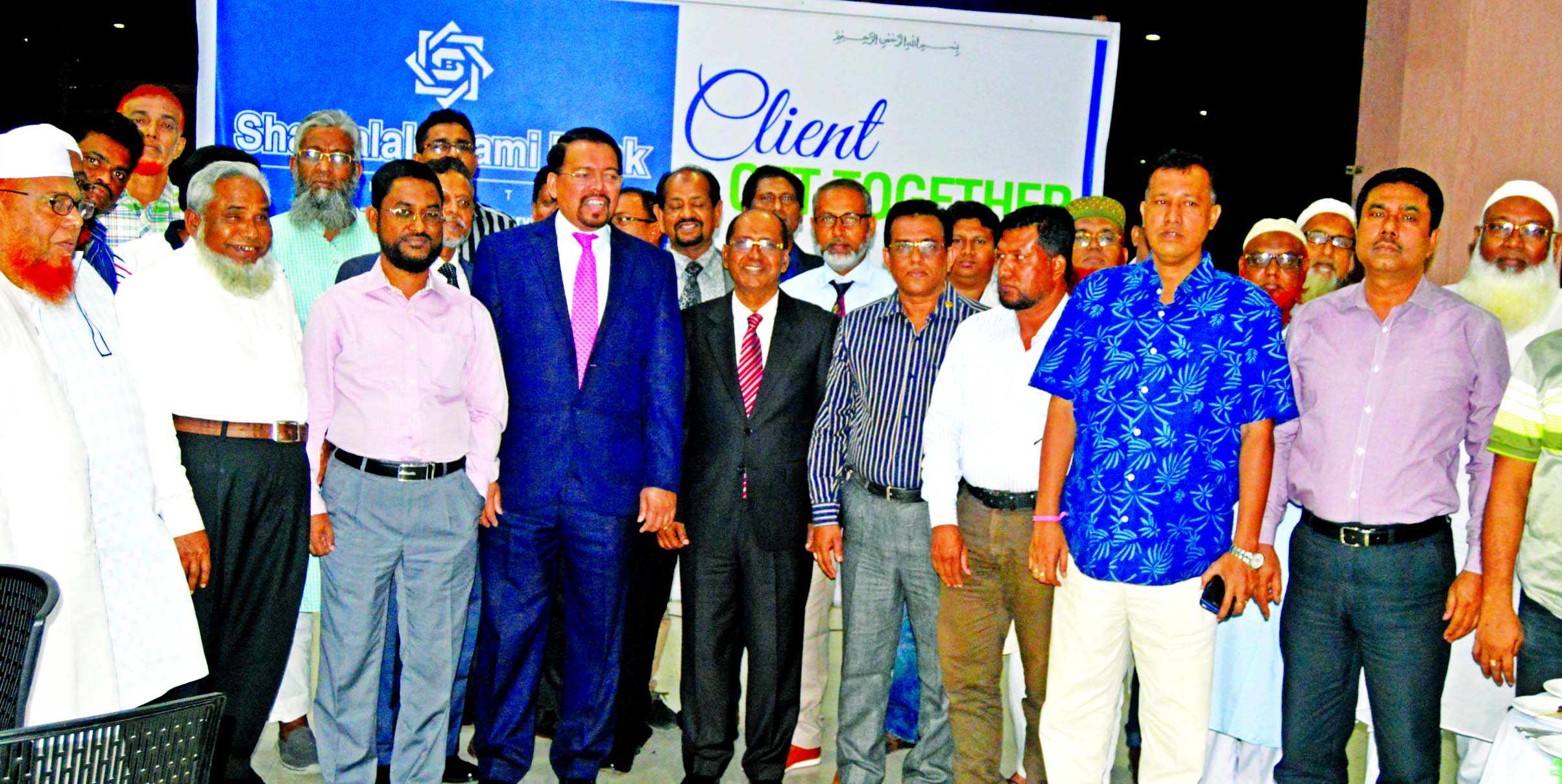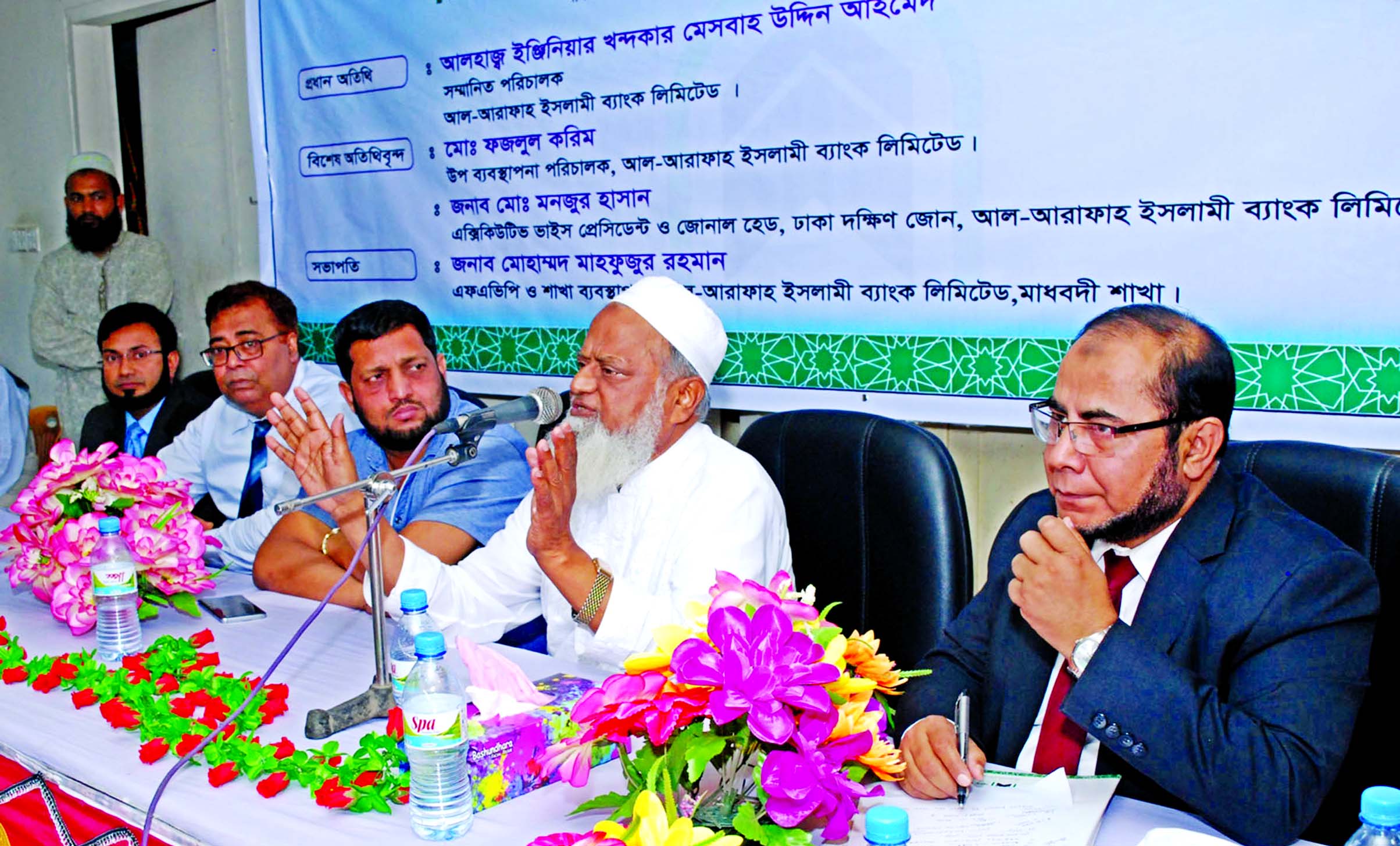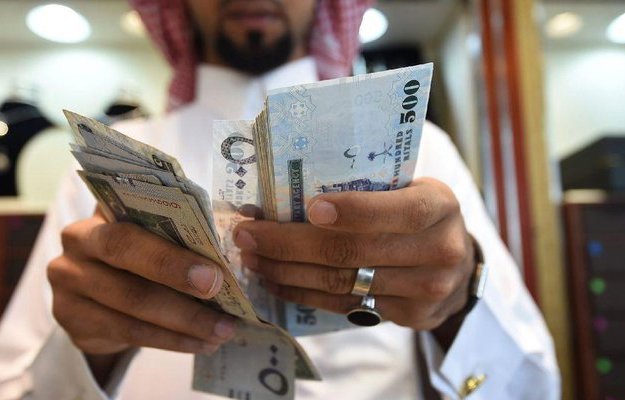
The government of Bangladesh has set a target to bring the whole country under electricity coverage by 2021. To achieve this target, the country requires multibillion dollar investments in the power sector. As a result, the government is increasingly diversifying the sources of investment.
“We are attracting innovative funds. One of the big innovative ways is Export Credit Agency (ECA) financing,” Nasrul Hamid, state minister for power, energy and mineral resources, told reporters at the Dhaka Reporters Unity on January 21.
Under the ECA arrangement, the agencies involved in the project implementation will mobilise finances, said the minister.
Small power projects are attracting private sector investment while the government is seeking innovative financing through joint venture and the ECA backed financing for large power projects.
The Hongkong and Shanghai Banking Corporation (HSBC) had pioneered the ECA financing in the country's power sector in 2012 arranging $420 million credit facility for Ashuganj Power Station Company Ltd. Since then, HSBC has arranged about $1.14 billion of financing to implement five major power projects in the country. Other international banks followed the suit.
About $4.5 billion has been invested in the power sector of the country under the ECA arrangement in the last five years, establishing ECA as an alternative financing mode. Under the arrangement, power plants get a grace period in the first two to three years while the unit is under construction. The loans are repaid in instalments in the next 10 years.
ECAs are government departments or government-sponsored institutions with sovereign status in developed countries, established to support the export of capital goods and services from its country to the developing nations. Some ECAs have direct lending programmes which can increase the competitiveness of the funding to the project. It follows a common set of guidelines and characteristics known as the “OECD Consensus”

ECA funding is not only a matter of credit risk mitigation, it also enables projects to access a much larger pool of liquidity.
What is popularly known as suppliers' credit in Bangladesh is basically a form of export credit in the international financial market.
A total of $6.9 billion ($3.1 billion in the public sector and $3.8 billion in the private sector) of investment has been made for setting up power plants in the country for generating 7,200 megawatts (MW), according to Bangladesh Power Development Board (BPDB).
To implement the proposed ongoing power projects which will generate about 10,700MW electricity, the country will require a total investment of $15.5 billion, out of which the public sector is investing $8.2 billion and the private sector investment will be $7.3 billion.
The government also has a plan to generate 60,000MW of electricity by 2041 - a move that will require further investment worth $20 billion.
The investment opportunities are not restricted to generation of power: the country will require another $20 billion of investment in transmission and distribution, said Tawfiq-e-Elahi Chowdhury, the prime minister's adviser on power, energy and mineral resources, last year.
The government, which has trebled the installed power generation capacity as well as the actual generation in the last six years, has also enabled and created the environment for international financiers and arrangements to become part of the effort.
In 2013, Bangladesh Institute of Development Studies carried out a study to find out the average cost of unserved energy, which was calculated using the share of energy consumed by different sectors. It showed a weighted average of Tk 26.73 per kWh.
The average bulk tariff on electricity in the country at present is less than Tk 5 per kWh which indicates that the cost of unserved energy was more than five times the country's average electricity tariff.
According to the World Economic Forum's Global Competitiveness Report 2014-2015, inadequate and unreliable energy and power supply appears to be the most binding constraint on the country's competitiveness. The cost of power outages has been estimated to equal 0.5 percent of gross domestic product.
Bangladesh has one of the lowest per capita power consumptions in the region which stands at roughly 350kWh compared to 1,075 kWh in India, 527 kWh in Sri Lanka, and 495 kWh in Pakistan. Bangladesh needs more credible power supply to bring the remaining one-third population under its electricity coverage.
Electricity demand in Bangladesh is growing due to underlying economic growth which averaged more than 6 percent over the last decade and climbed above 7 percent in the last fiscal year.
Being the leading trade finance bank in the globe, HSBC has been facilitating international trade in Bangladesh. To note, HSBC has worked as the trade bank for the first cross-border electricity trade of the country.
In 2013, the prime minister of Bangladesh inaugurated the first electricity import of 250MW from India. HSBC has also arranged low cost foreign financing for the state-owned electricity transmission authority to implement a 61-kilometer inter-district electricity transmission line and substation project.
The bank sees infrastructure as the backbone of development for a country.
HSBC's expertise and international network give the bank the capability to help support the Bangladesh government's infrastructure development plans, Tawfiq-e-Elahi Chowdhury added.
HSBC has one of the largest global export and specialised finance teams and has arranged ECA supported facilities across diverse business sectors worldwide, with almost all the ECAs globally. Today, HSBC is in a leading position in arranging ECA financing around the world, raising $5.23 trillion in ECA-backed financing with more than fifty deals in 2015.
HSBC Bangladesh believes that the investment gives a very positive message to international investors about Bangladesh, which is very important.
Experts, however, said, when projects such as public infrastructure are funded with external finance – concessional or non-concessional, such as export credits, suppliers' credits and buyer credits, it is absolutely essential to focus on cost recovery-related issues.
This article is reprinted to bring some changes in graphical representation. The second part appears Tuesday.
news:daily star/16-apr-2017






 Engineer Md Towhidur Rahman, Chairman, Board of Directors of Shahjalal Islami Bank Ltd, poses with the participants of \'Client Get Together Program of Khulna\' at a hotel in the town recently. Md Sanaullah Shahid, EC Chairman, Farman R Chowdhury, Managin
Engineer Md Towhidur Rahman, Chairman, Board of Directors of Shahjalal Islami Bank Ltd, poses with the participants of \'Client Get Together Program of Khulna\' at a hotel in the town recently. Md Sanaullah Shahid, EC Chairman, Farman R Chowdhury, Managin
